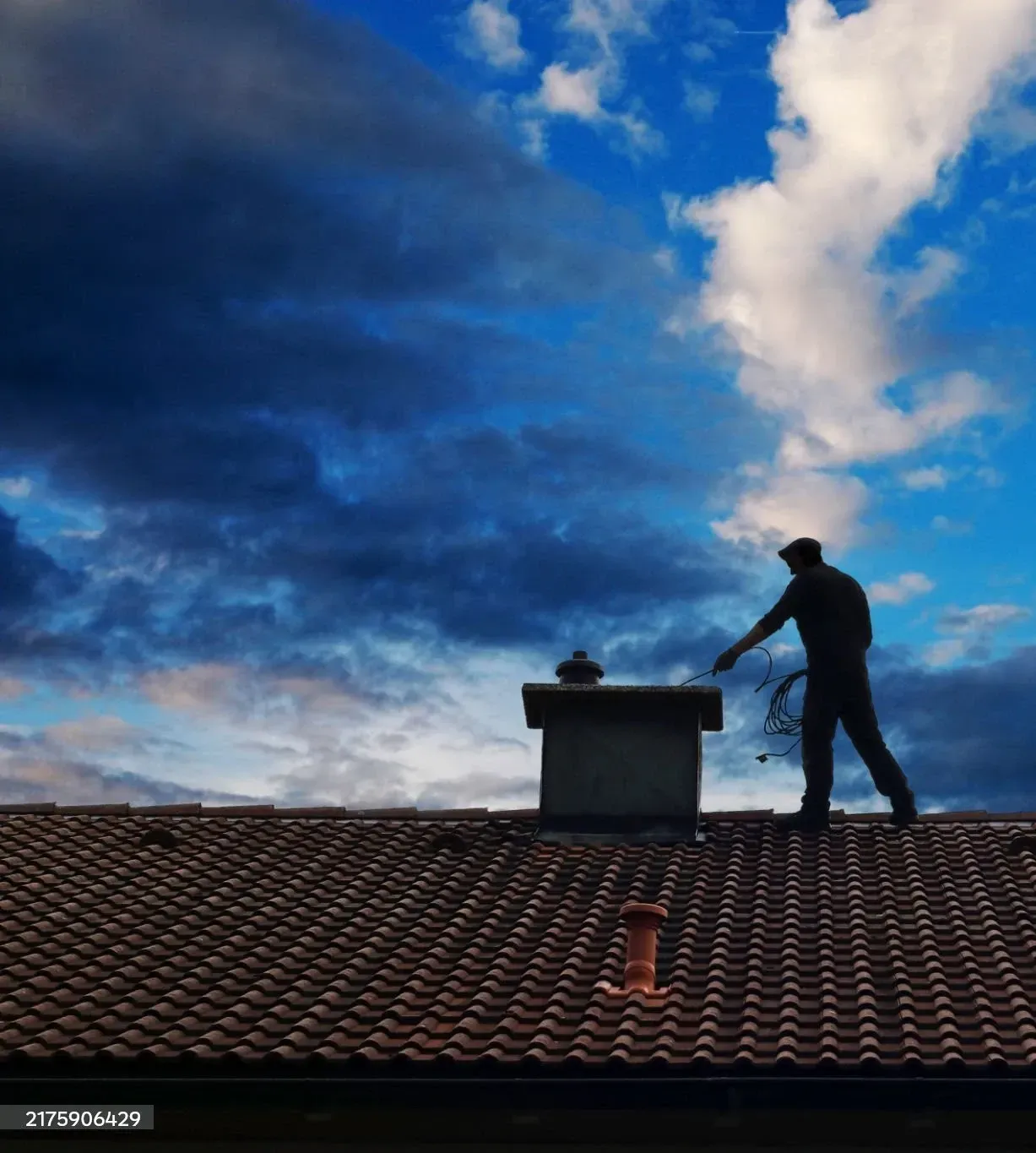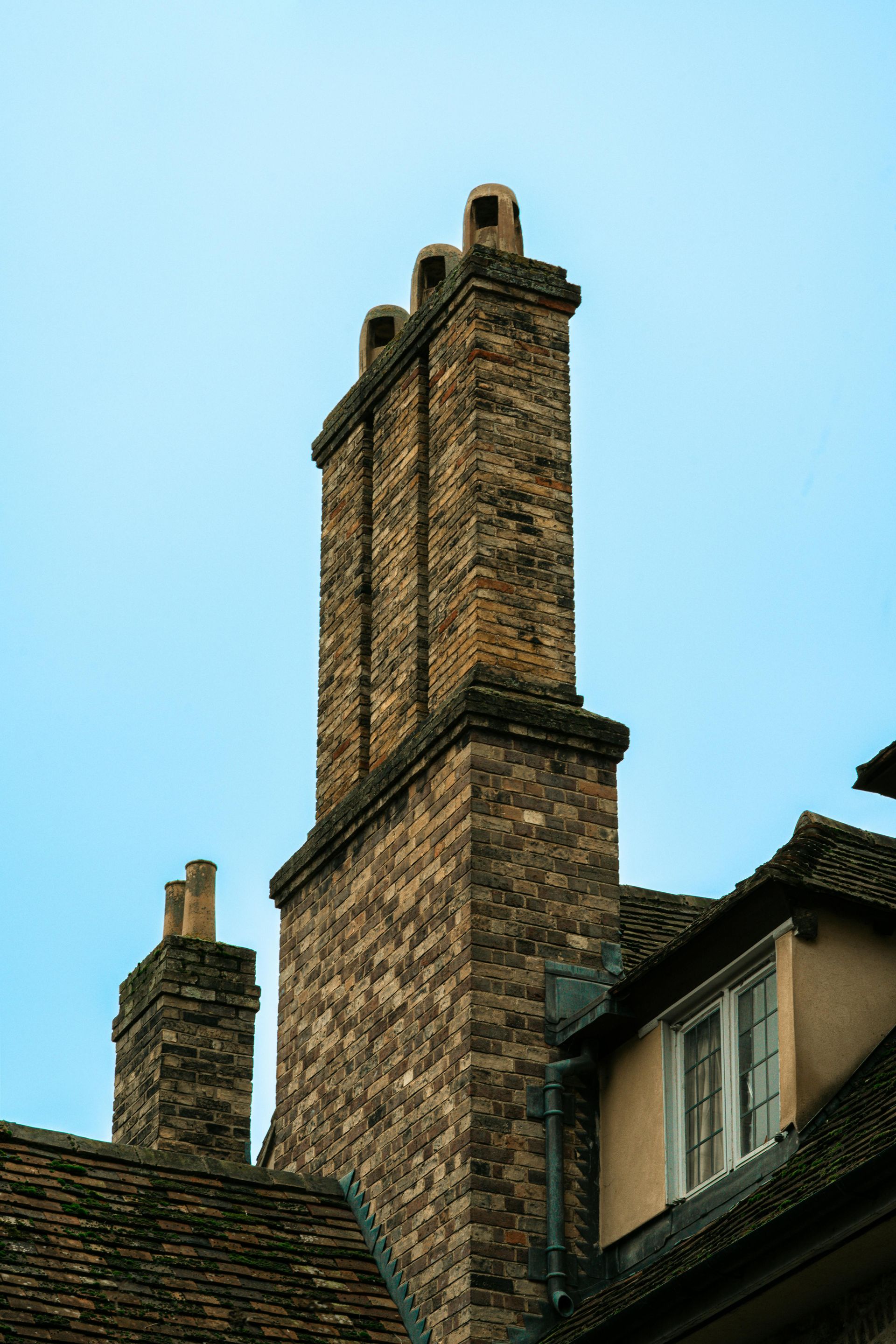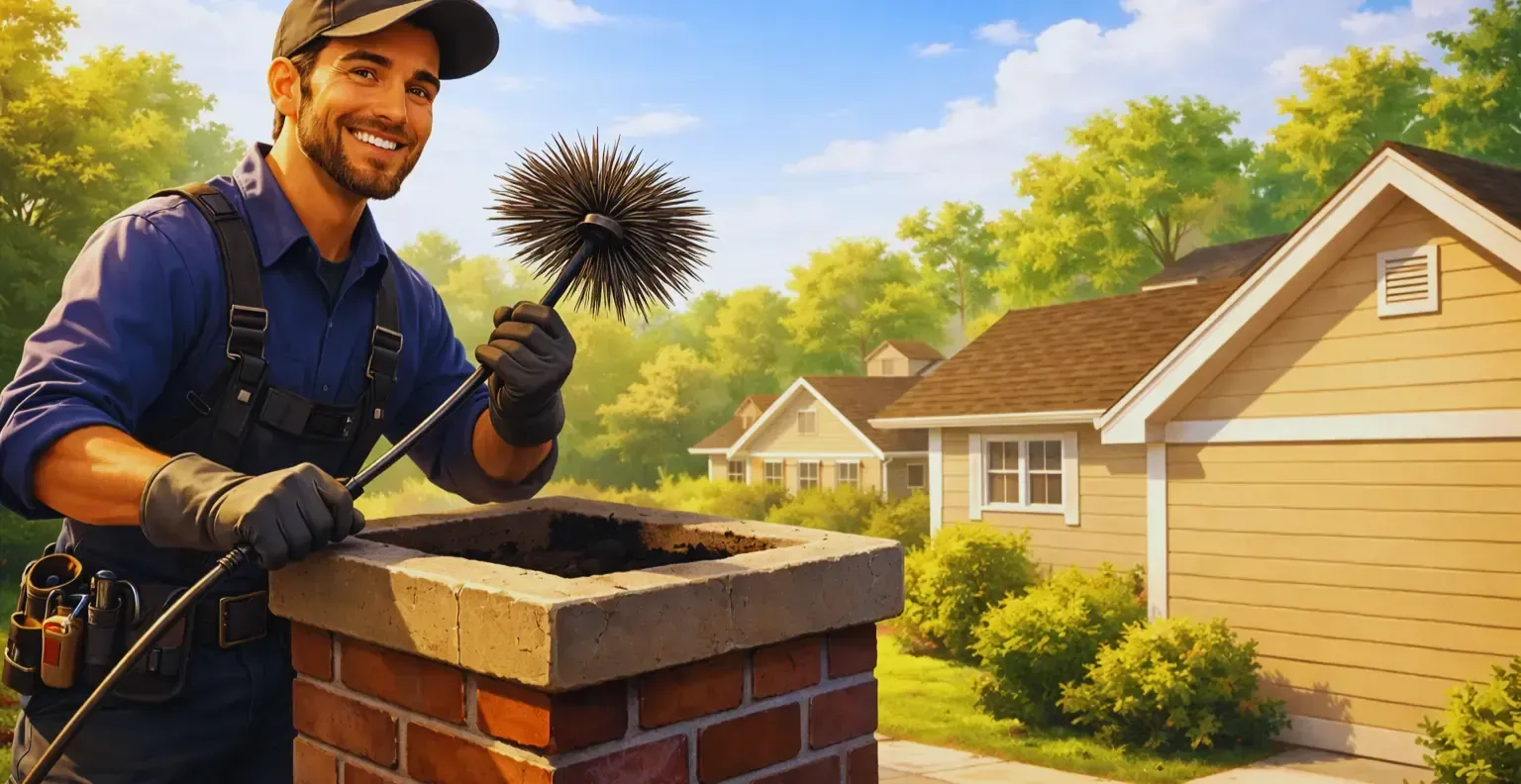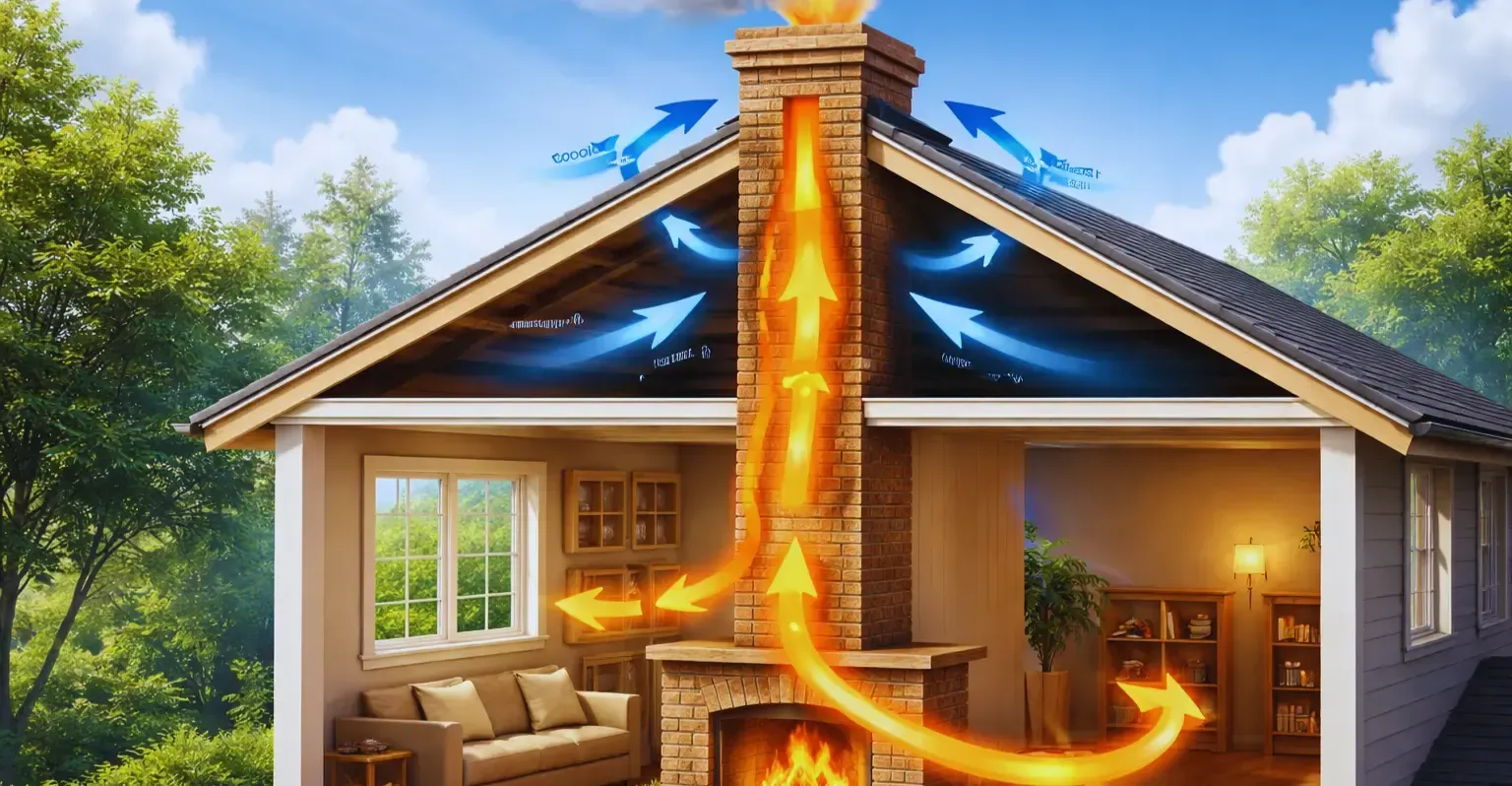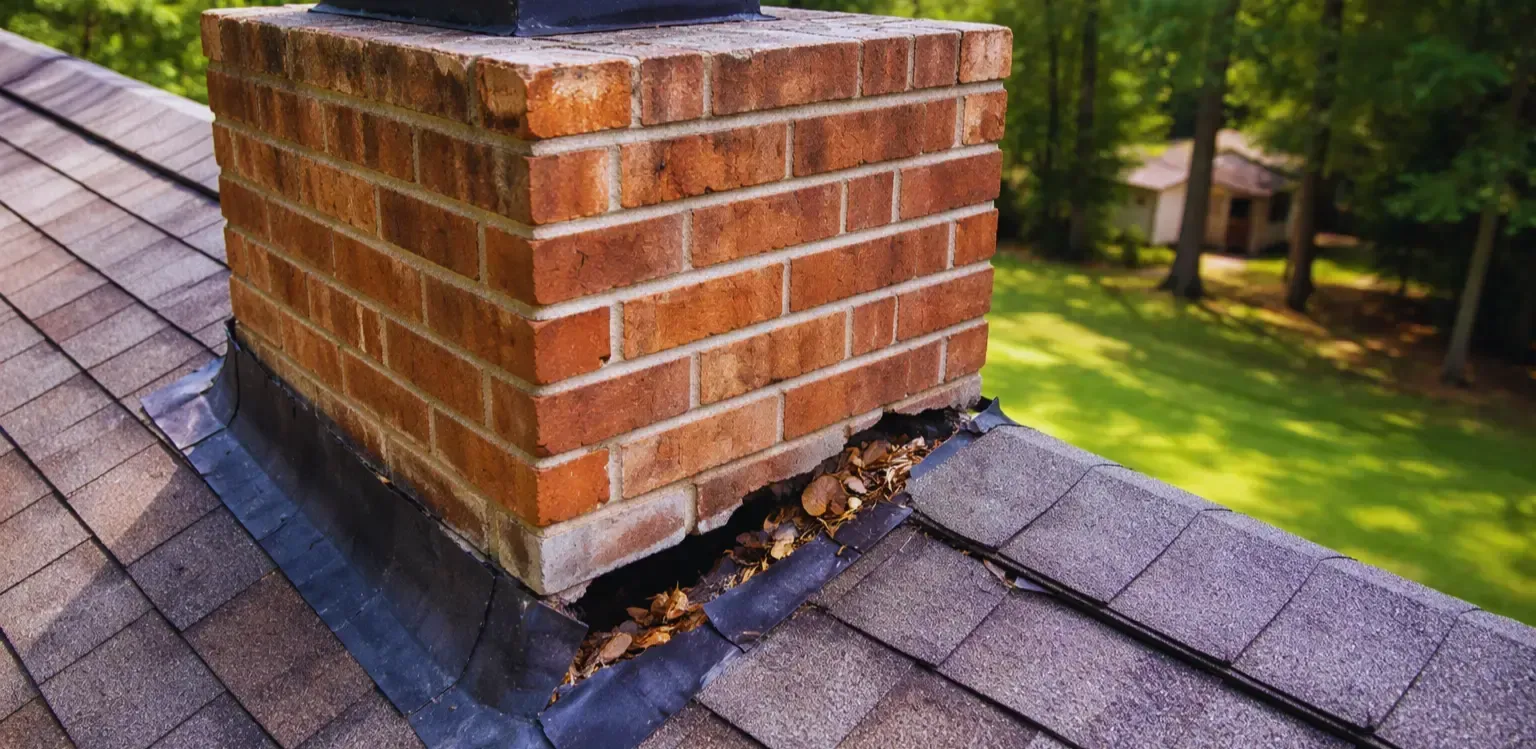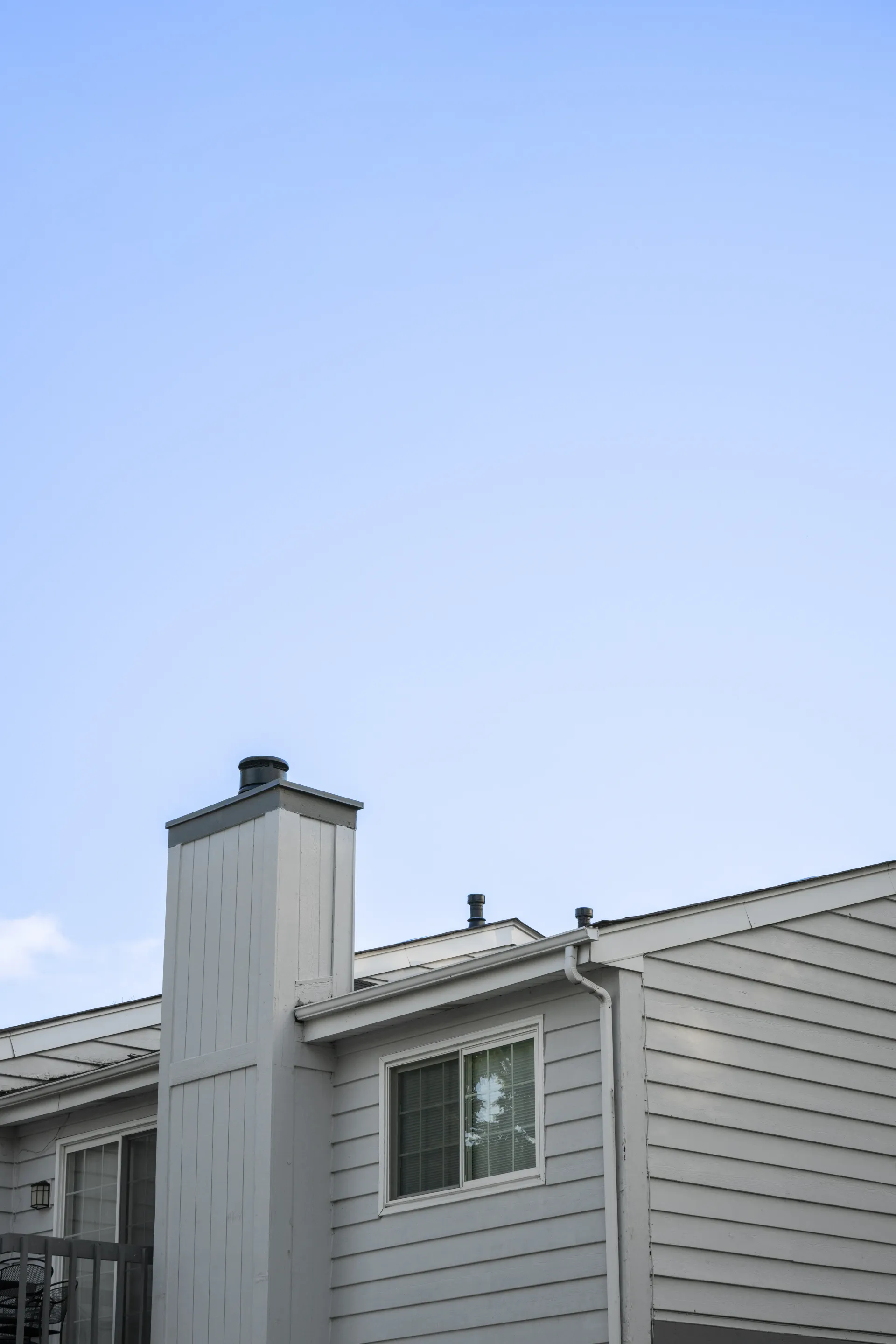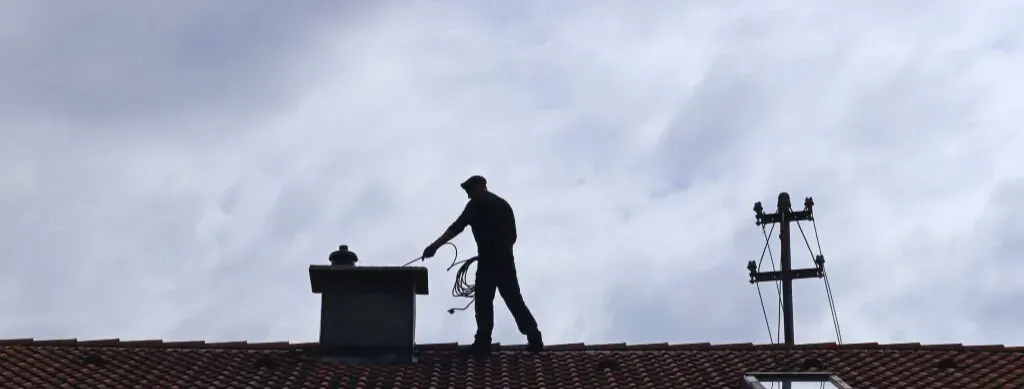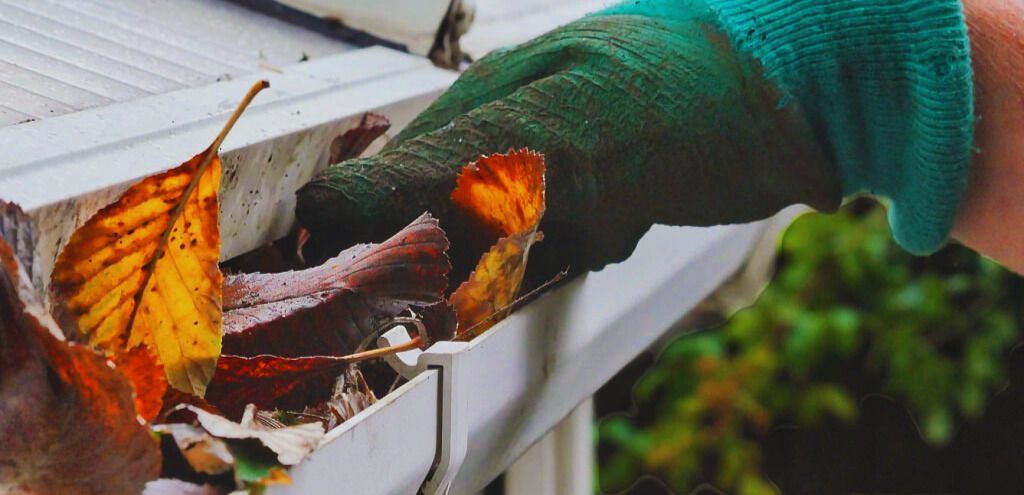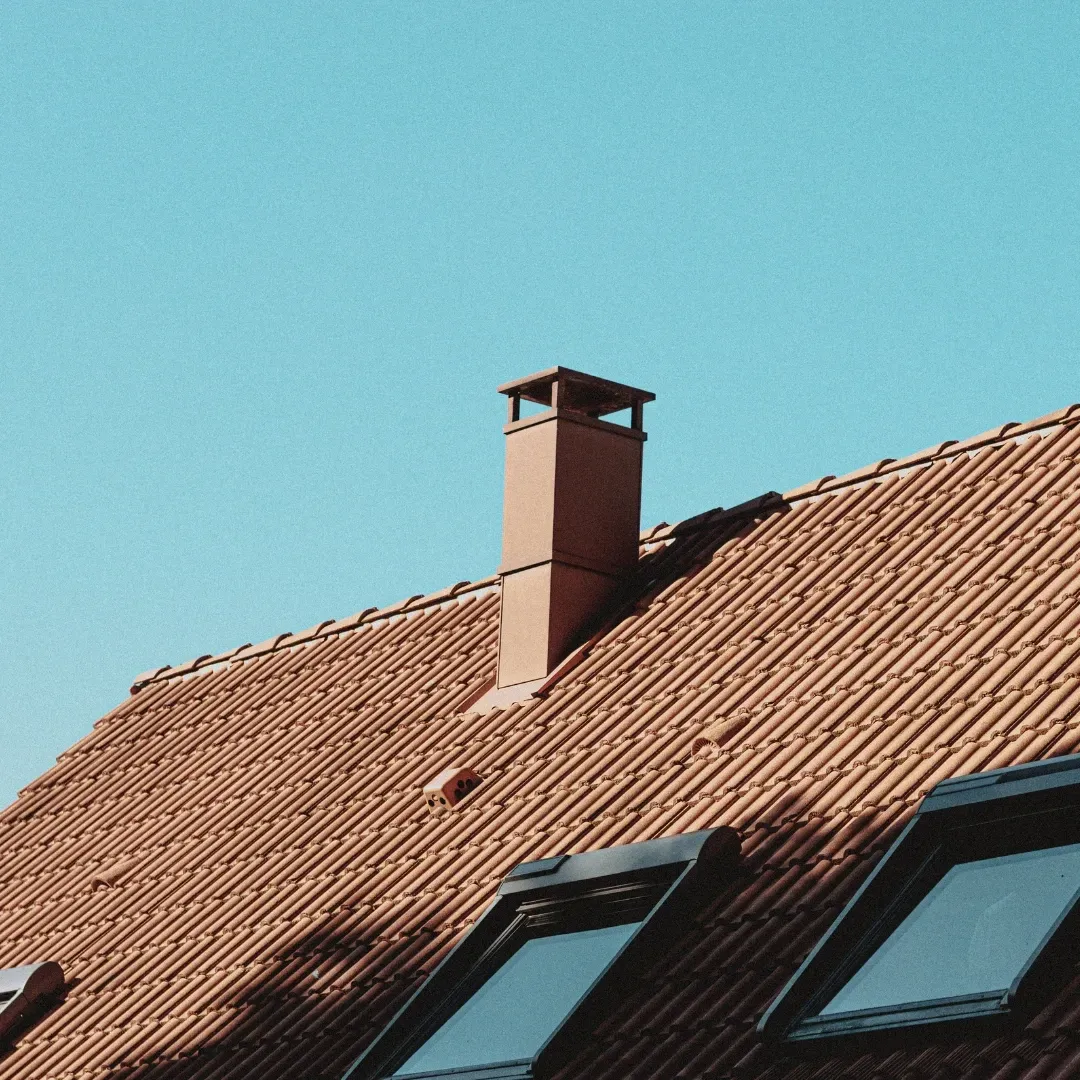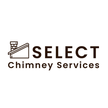Selling Your Home? Don't Forget the Chimney Inspection!
As a homeowner in New Hampshire and Maine, I've learned that selling a house involves more than just staging rooms and mowing the lawn. One crucial aspect that often slips through the cracks is the chimney inspection. Today, I'm going to share my insights on why chimney inspections are a must when you're putting your home on the market.
My Personal Story: A Chimney Surprise During Home Sale
Picture this: I was all set to close the deal on my charming colonial in Portsmouth, New Hampshire. The buyer was excited, the paperwork was ready, and then... surprise! The home inspector found some issues with the chimney that I hadn't even considered. Talk about a last-minute hiccup! This experience taught me the importance of being proactive about chimney inspections when selling a home.
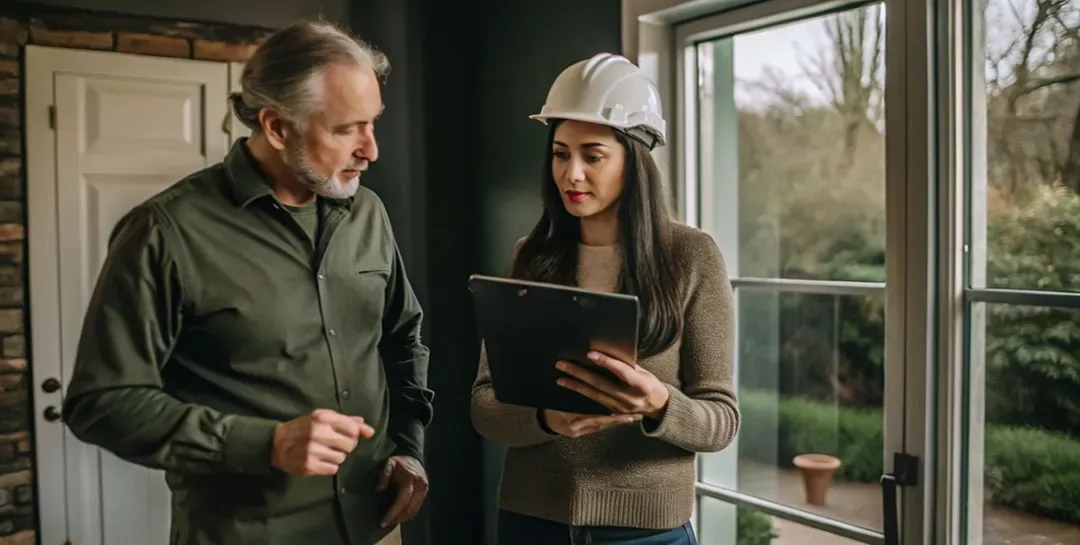
Understanding Chimney Inspections for Home Sales
What is a Pre-Sale Chimney Certification?
A pre-sale chimney certification is essentially a clean bill of health for your chimney. It's a document that confirms your chimney is in good condition and safe to use. This certification can be a powerful tool in your home-selling arsenal, giving potential buyers peace of mind and potentially speeding up the sale process.
Why Are Chimney Inspections Important for Home Sales?
Chimney inspections are more than just a box to tick off your to-do list. They're a crucial step in ensuring the safety and integrity of your home. Here's why they matter:
- Safety First: A thorough inspection can uncover hidden dangers like creosote buildup or structural damage.
- Buyer Confidence: A certified safe chimney can be a strong selling point for your home.
- Avoiding Surprises: Identifying issues early allows you to address them before they become deal-breakers.
- Compliance: Some areas require chimney inspections as part of the home sale process.
The Process of a Real Estate Chimney Inspection
What to Expect During Your Chimney Inspection
When you schedule a chimney inspection for your home sale, here's what typically happens:
- External Examination: The inspector will check the chimney's exterior for cracks, loose bricks, or other visible issues.
- Internal Inspection: Using specialized tools, they'll examine the flue lining and internal structure.
- Functionality Test: They might perform a smoke test to ensure proper drafting.
- Documentation: You'll receive a detailed report of their findings.
Common Issues Found During Home Sale Chimney Inspections
In my experience talking with chimney professionals in Maine and New Hampshire, these are some frequent problems they encounter:
- Creosote buildup
- Cracked or damaged flue liners
- Water damage or leaks
- Loose or missing mortar
- Animal nests or blockages
Chimney Safety: A Top Priority for Homebuyers
Potential Risks of Neglected Chimneys
A neglected chimney isn't just an eyesore; it can be downright dangerous. Some risks include:
- Chimney fires
- Carbon monoxide leaks
- Structural damage to your home
- Decreased heating efficiency
How Chimney Safety Impacts Home Value
Believe it or not, the condition of your chimney can significantly affect your home's value. A well-maintained chimney can be a selling point, while a neglected one can lead to lower offers or even derail a sale.
Timing Your Chimney Inspection for a Smooth Home Sale
When to Schedule Your Inspection
I always recommend getting your chimney inspected before you even list your home. This way, you have time to address any issues without delaying your sale. Aim for at least a month before you plan to put your house on the market.
How Long Does a Chimney Inspection Take?
A typical chimney inspection usually takes about an hour, but it can be longer for larger or more complex chimneys. Factor in additional time if you need repairs or cleaning.
Choosing the Right Chimney Services for Your Property Sale
What to Look for in a Chimney Inspector
When selecting a chimney service provider, consider these factors:
- Certification and licensing
- Experience in real estate inspections
- Knowledge of local building codes
- Positive reviews and references
Questions to Ask Your Chimney Service Provider
Don't be shy about asking questions! Here are some good ones to start with:
- What type of inspection do you perform?
- Are you familiar with local real estate requirements?
- What's included in your inspection report?
- Do you offer repair services if issues are found?
Preparing for Your Chimney Inspection: A Homeowner's Checklist
To ensure a smooth inspection process, here's a quick checklist:
- Clear the area around your fireplace
- Ensure easy access to your roof
- Gather any previous inspection reports
- Make a list of any concerns or issues you've noticed
After the Inspection: Next Steps for Home Sellers
Once you've got your inspection report, it's time to take action:
- Address any issues promptly
- Get repair estimates if needed
- Consider a follow-up inspection after repairs
- Include the inspection report in your disclosure package
The Impact of Chimney Inspections on Real Estate Transactions
In my experience selling homes in New Hampshire and Maine, a clean chimney inspection can:
- Speed up the sale process
- Prevent last-minute negotiation headaches
- Boost buyer confidence
- Potentially increase your home's value
Chimney Inspection Costs: An Investment in Your Home Sale
While costs can vary, I've found that most chimney inspections in our area range from $100 to $300. It's a small price to pay for the peace of mind and potential benefits to your home sale.
Frequently Asked Questions About Chimney Inspections for Home Sales
- Q: Are chimney inspections required by law for home sales? A: While not always legally required, many buyers and their lenders will insist on a chimney inspection before closing.
- Q: How often should chimneys be inspected? A: The Chimney Safety Institute of America recommends annual inspections, even if you're not selling.
- Q: What if my chimney fails the inspection? A: Don't panic! Most issues can be resolved. Work with your inspector to understand the problems and get estimates for repairs.
- Q: Can I do my own chimney inspection? A: While you can do a basic visual check, a professional inspection is always recommended, especially for home sales.
- Q: What's the difference between a chimney inspection and a cleaning? A: An inspection assesses the chimney's condition, while cleaning removes buildup. Often, cleaning is recommended after an inspection.
Conclusion: Ensuring a Smooth Home Sale with a Proper Chimney Inspection
As I wrap up this guide, I hope you see why I'm so passionate about chimney inspections for home sales. They're not just a formality; they're a crucial step in ensuring the safety of your home and the success of your sale. By being proactive about your chimney inspection, you're setting yourself up for a smoother, more successful home sale experience.
Remember, whether you're in Portsmouth, New Hampshire, or Portland, Maine, a well-maintained chimney can be a valuable asset in your home sale. So, don't wait until the last minute. Schedule that inspection, address any issues, and sell your home with confidence!
For more information on our chimney services, feel free to check out our services page. If you have any questions or want to schedule an inspection, don't hesitate to contact us. We're here to help make your home sale a success!
